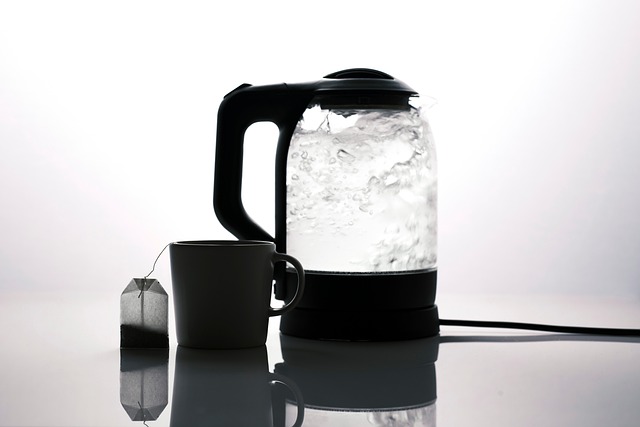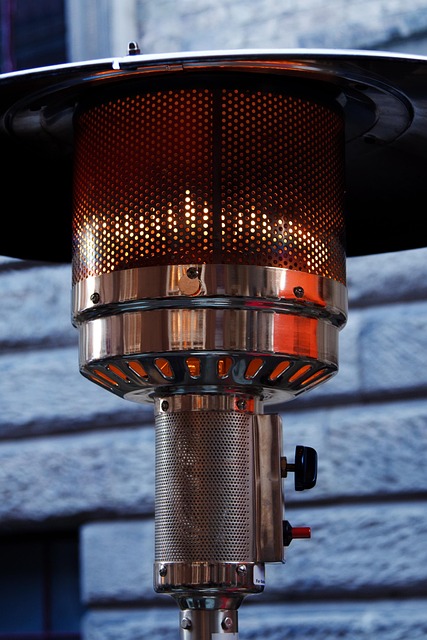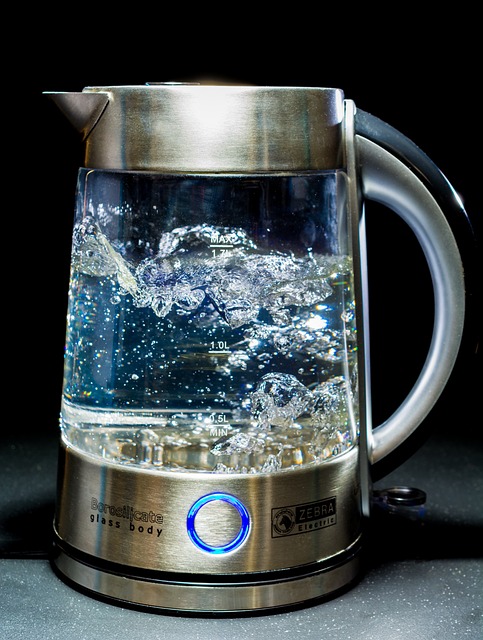Hard water, high in calcium and magnesium, can damage water heaters through scale buildup, reducing efficiency and lifespan. Regular maintenance, including flushing and checking for scale, leak tests, temperature adjustments, and proper ventilation, prevents these issues, extends heater life, and avoids costly repairs or premature replacement, emphasizing the paramount importance of Water Heater Maintenance.
Hard water can wreak havoc on your water heater, leading to costly repairs or premature replacement. This happens because minerals like calcium and magnesium in hard water accumulate over time, reducing water heater efficiency and longevity. Understanding how hard water impacts your heater is crucial for effective maintenance. Identify signs of damage early, such as decreased hot water output or strange noises. Implement prevention strategies like regular cleaning and flushing to keep your water heater running smoothly, ensuring optimal performance and extending its lifespan.
- Understanding Hard Water and Its Impact on Water Heaters
- Identifying Signs of Hard Water Damage
- Prevention and Maintenance Tips to Protect Your Water Heater
Understanding Hard Water and Its Impact on Water Heaters

Hard water, rich in minerals like calcium and magnesium, can significantly impact your water heater over time. These minerals have a tendency to accumulate on the heating elements and inside the tank, leading to various issues. The build-up of scale, or mineral deposits, increases resistance to heat transfer, forcing the water heater to work harder and consume more energy. This not only reduces the efficiency of your water heater but can also shorten its lifespan. Regular water heater maintenance is crucial in identifying and mitigating these effects of hard water.
Proper Water Heater Maintenance involves checking for signs of scale buildup and regularly flushing the system to remove accumulated minerals. By doing so, you can prevent major damages and ensure optimal performance. This simple practice extends the life of your water heater and avoids costly repairs or early replacements.
Identifying Signs of Hard Water Damage

Hard water, rich in minerals like calcium and magnesium, can wreak havoc on your water heater over time. The telltale signs of hard water damage are often subtle but significant. One of the most common indicators is a buildup of scale inside the tank, which appears as white, crusty deposits. This mineral accumulation not only reduces the efficiency of your water heater but can also lead to premature aging and failure.
Additionally, you may notice a decrease in hot water output, odd odors, or even rust on the exterior of the heater. If left unattended, these issues can escalate, causing more severe damage and potentially costly repairs. Regular water heater maintenance is key to preventing such problems. This includes flushing the system periodically to remove mineral buildup and checking for leaks. By staying proactive with water heater maintenance, you can ensure its longevity and optimal performance.
Prevention and Maintenance Tips to Protect Your Water Heater

Regular water heater maintenance is essential for preventing damage and ensuring optimal performance. Start by checking the temperature settings; maintaining the right temperature reduces energy consumption and scalding risks. Flushing the tank periodically removes mineral buildup, which can lead to corrosion and reduced efficiency. Aim to do this every 3-6 months, depending on usage and local water conditions, as hard water deposits can accumulate rapidly.
Inspect connections for leaks, tight seals ensuring water remains inside the tank. Consider installing a water softener if your area has high mineral content in the water supply. Regular maintenance includes testing and replacing anodes (if equipped) to prevent electrical issues and corrosion. Keep the area around the heater clear of debris and ensure proper ventilation to avoid moisture buildup, which can cause rust and damage internal components.
Hard water can significantly impact your water heater’s lifespan and performance, making regular maintenance crucial. By understanding the signs of damage and implementing preventive measures, you can protect this essential appliance. Remember, proper care and timely action regarding hard water issues will ensure your water heater operates efficiently, extending its life and saving you from costly repairs. Keep these tips in mind for effective water heater maintenance.
